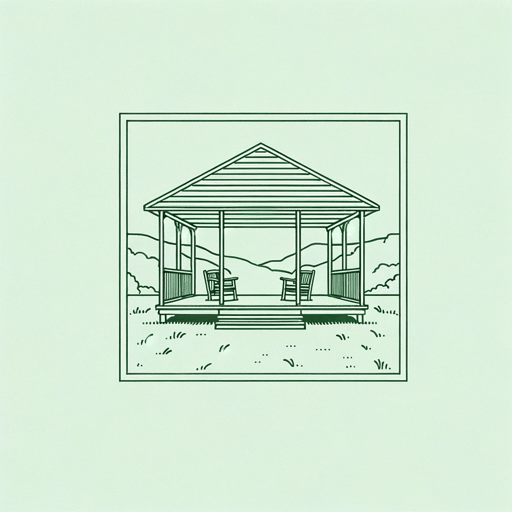36 pages • 1 hour read
Herman MelvilleThe Piazza
Fiction | Short Story | Adult | Published in 1856A modern alternative to SparkNotes and CliffsNotes, SuperSummary offers high-quality Study Guides with detailed chapter summaries and analysis of major themes, characters, and more.
Literary Devices
Allusion
Allusion, a literary device where an indirect reference is made to a person, event, another text, or a part of a text, is used extensively by Herman Melville in “The Piazza.” These allusions serve to enrich the narrative, adding layers of depth and breadth to the story by connecting it to a broader literary, mythological, and historical context.
The story is replete with allusions to Shakespeare and other literary works, initially setting a romantic tone. References to “Cymbeline,” “Macbeth,” and “A Midsummer Night’s Dream” (“Day after day, now, full of interest in my discovery, what time I could spare from reading A Midsummer Night’s Dream”) (Paragraph 25) initially situate the narrator within a romantic framework. These allusions underscore his idealistic worldview, influenced heavily by romantic literature. However, as the story progresses, the romantic allusions serve to highlight the gap between the narrator’s expectations and the reality he encounters, playing into the story’s parodic critique of romanticism.
Ancient myths are also alluded to, such as the Sword of Damocles, representing impending danger, and Hecate’s cauldron, symbolizing the mysterious and possibly ominous nature of the narrator’s journey—symbols that the narrator ignores.
Related Titles
By Herman Melville






